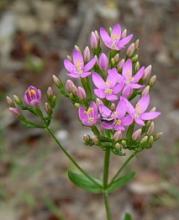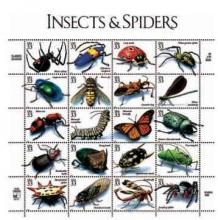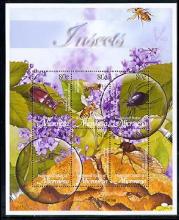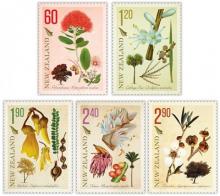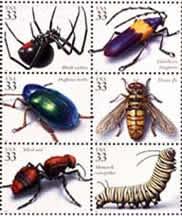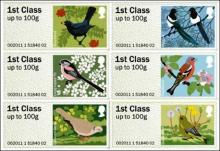Echt duizendguldenkruid verpietert door een gebrek aan bestuivende zweefvliegen
Echt duizendguldenkruid (Centaurium erythraea) wordt voornamelijk bestoven door zweefvliegen. Wanneer bloemen echter onbezocht blijven, zijn zij in staat om via spontane zelfbestuiving toch zaden te produceren. De gevolgen van een drastische achteruitgang aan bestuivers op de bestuiving van Echt duizendguldenkruid werden onderzocht in enkele grote natuurlijke populaties van deze soort in de kustduinen (rijk aan bestuivers) en in de Waaslandhaven (arm aan bestuivers). Het onderzoek toonde aan dat de populaties in de Waaslandhaven enkel bestonden uit planten met opvallend kleinere bloemen, die veel beter in staat waren om aan zelfbestuiving te doen zonder tussenkomst van bestuivers. Omgekeerd bleken planten uit de duinen veel minder in staat om in de zweefvliegarme omgeving van de Waaslandhaven optimaal zaden te produceren. Een gebrek aan bestuivers heeft dus invloed op de genetische samenstelling van de plantenpopulaties en veroorzaakt een evolutie naar kleinere, meer zelfbestuivende bloemen, die voor bestuivers minder aantrekkelijk zijn. Omgekeerd blijkt dat in aanwezigheid van voldoende bestuivers juist planten met opzichtige bloemen het meest succesvol zijn.

